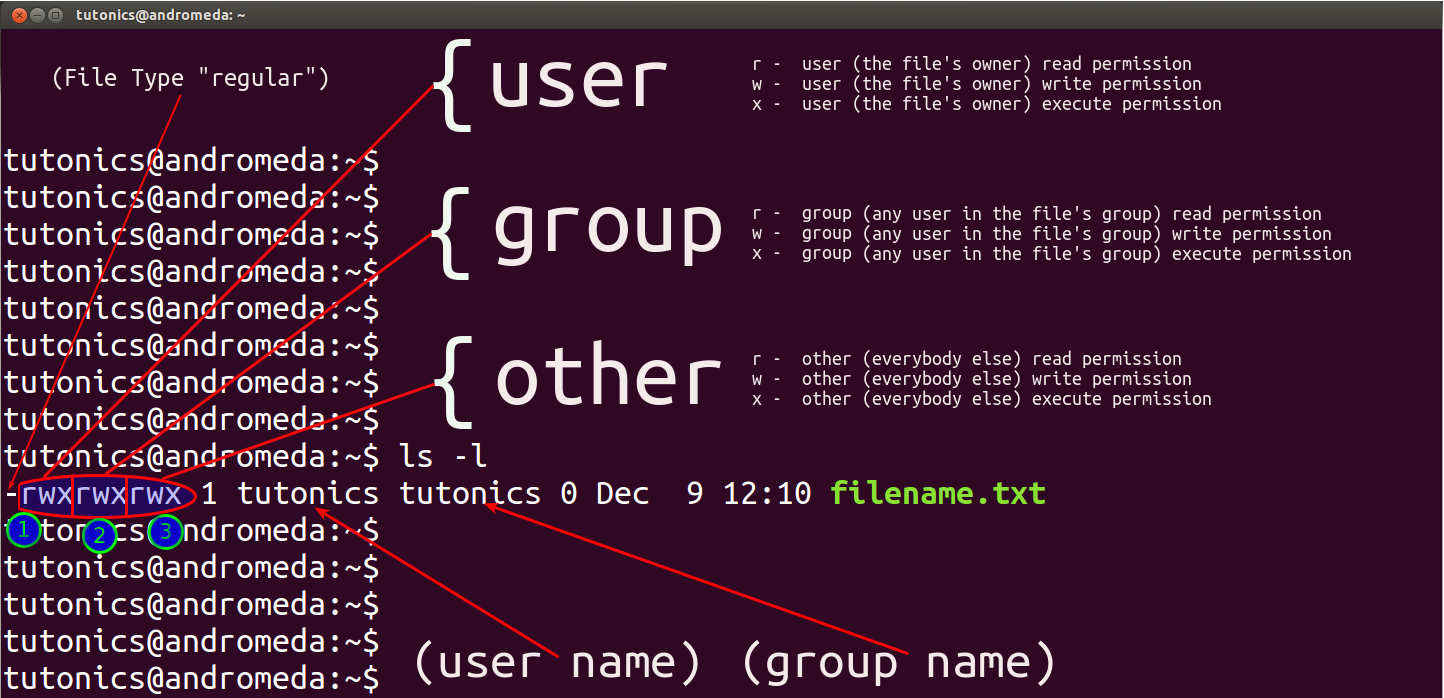
That is just the way UNIX/Linux is supposed to work. It shows the default permission levels by which a file will be created.
#Umark command code
If you use some other program or command which in its code hardwires to never set group write permissions on folder it creates, you'll either have to change the code of that program or set permissions manually afterwards.

The default umask for the login shell is set in the /etc/profile configuration file. If the output of the echo 0 command returns -bash, you are executing the command in a login shell. Note that it is still up to the application to actually set the permissions. The default umask for the non-login shell is set in the /etc/bashrc configuration file. The umask is used by open(2), mkdir(2), and other system calls that create files to modify the permissions placed on newly created files or directories. You can check if it was successful either way with just a plain umask command which will output the current effective umask. umask() sets the calling processs file mode creation mask (umask) to mask & 0777 (i.e., only the file permission bits of mask are used), and returns the previous value of the mask. etc/profile (for sh, and bash) or /etc/bashrc (for bash only): if then Or something like this in the system-wide config file, e.g. If you call umaskwithout a modeargument, umaskdisplays the current umask. If you want to permit created files to have read, write, and execute access, then set umask to 0000. Without pam_umask, you could put a line umask 002 in the shell's profile or rc-file in the users home directory (e.g. umask arx you have allowed files to be created with read and execute If you were to look at the mask, it would be 0222. sudo create-rc-script -f /etc/init.d/opendj -u mark sudo update-rc.d opendj.
#Umark command software
AFAIK this is at least the case by default on Debian and probably distro's based on Debian like Ubuntu, Mint, etc. OpenDJ server software also installs command-line tools for configuration. The way you are trying to do it (in the "gecos" field in /etc/passwd) depends on pam_umask being installed and configured. The possibilities to set umask's strongly differ between Linux and Unix distro's. This also did not help: su - mkdir ls -ld test4ĭrwxr-xr-x 2 souser souser 4096 Sep 3 14:51 The distro is Debian 9. Is the information correct? sudo usermod -aG sudo su mkdir ls -ld test/ĭrwxr-xr-x 2 souser souser 4096 Sep 3 14:23 chfn -o umask=002Ĭhfn: Permission sudo chfn -o umask=002 mkdir ls -ld test2ĭrwxr-xr-x 2 souser souser 4096 Sep 3 14:24 sudo cat /etc/passwd |grep #1Īfter relogin is the same: mkdir ls -ld test3ĭrwxr-xr-x 2 souser souser 4096 Sep 3 14:42 #2 Not copying from `/etc/skel'.Įnter the new value, or press ENTER for the default The home directory `/home/souser' already exists.

#Umark command how to
How to get that each new folder created by a certain user would have write permission for the group? Here you are my test: sudo adduser souserĪdding new user `souser' (1002) with group `souser'. I typed out the command chfn -o umask=002 souser and expected that souser user would create folders with 775 permission then but he did not.


 0 kommentar(er)
0 kommentar(er)
